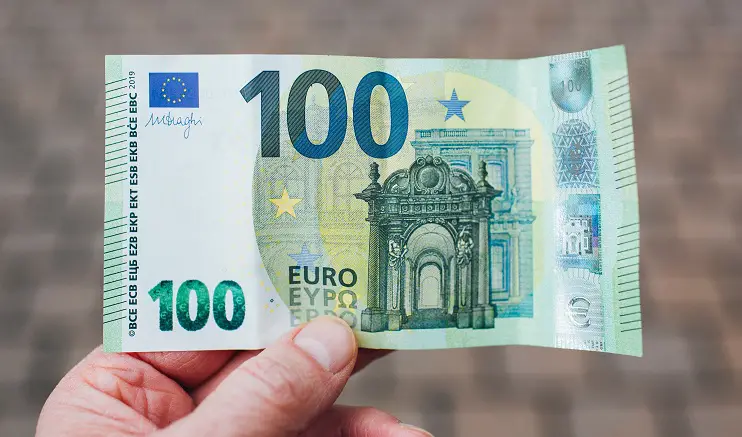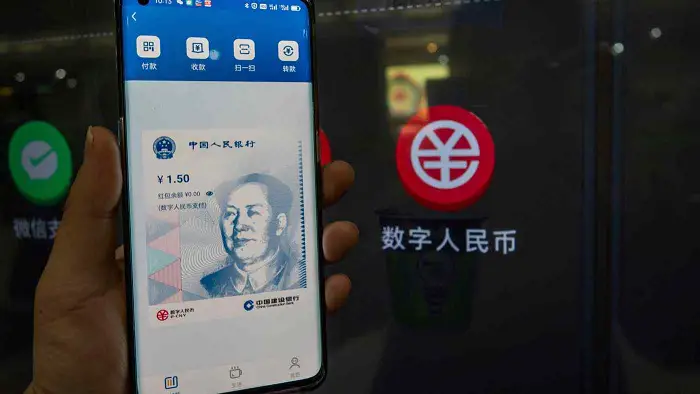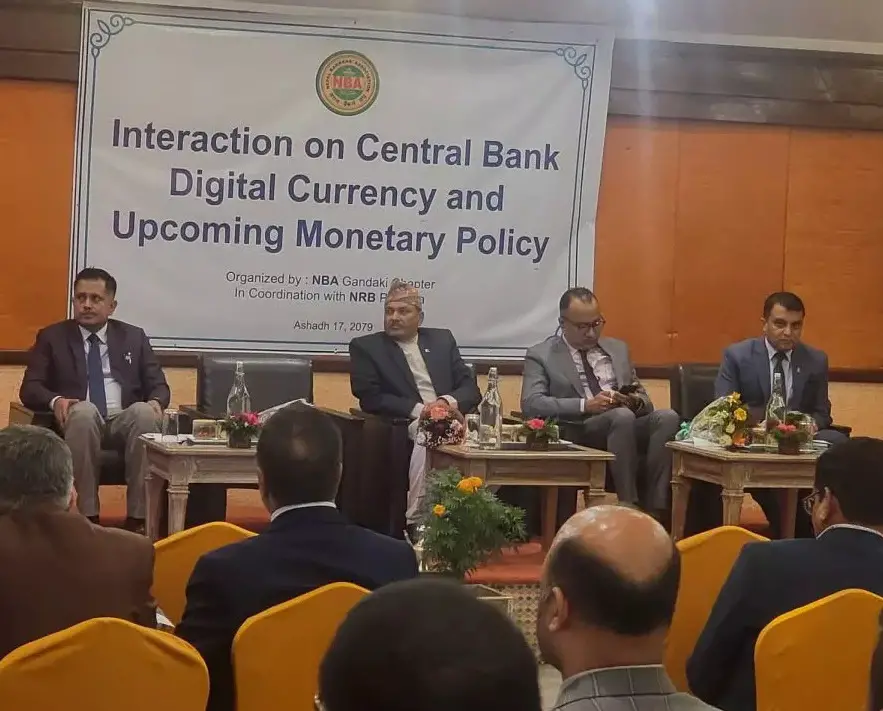Maha Prasad Adhikari, the governor of Nepal Rastra Bank has called for the use of a common currency in South Asia. Speaking at the Bankers’ Association event on Friday, June, 30th, he shared that he has earlier talked of the concept at a shared forum of the regional bloc.
Adhikari also demanded that the central bank implement a digital currency soon.
Regional political groups use a common currency aka reserve currency for its advantages. It makes countries’ international trade simple and convenient plus, economies become more stable.
European Union, for example, has been using Euro, their common currency since 1999. Meanwhile, OPEC, the oil exporters’ group trades its fuel in US dollars.

The idea is to create a common economic goal that would benefit all the members of a union. South Asia, by geography and population, is a large space and house to the world’s key capitalist market like India, which could benefit greatly from a reserve currency.
So from a broader perspective, the NRB’s Governor’s idea was not far-reaching. Instead, such demands have been entertained before. The geopolitical skirmishes and Indo-Pak conflicts though have spilled water on the idea before they could substantiate.
Also read: The Government Introduces Digital Service Tax in Nepal
Common currency in South Asia, digital currency in Nepal
Adhikari likewise tried to diffuse panic potentially coming from digital currency. He stressed the likelihood of the digital currency’s proliferation and less use of physical bills.
However, digital money “wouldn’t rise to dominance overnight,” he said, and emphasized that the bank should “gradually implement its concept for such currency”.
Speaking at the event held in Pokhara, Adhikari highlighted that over 90 governments are studying the prospect of using digital currency. He also pointed out that no state has yet come to conclusion on it. China is one of them as the country has tested the digital Yuan on a large scale in some of its major cities.

Adhikari believes the transition or the adoption of digital currency needs cooperation between the public and private sectors would be key as establishing and maintaining the trust in digital currency constitutes a challenge. He warned that an error would cause terrible havoc in the economy of the country.
Don’t miss: NRB to Facilitate Digital Lending, Releases Guidelines
NRB pushing for Digital Rupees
The recent liquidity crisis has also drawn the banks to the growing digital transactions. In response, the government has gone from banning luxury goods imports to outlawing cryptocurrencies and lowering the remittance limits.
However, the bank has cherished the idea of a digital currency in Nepal.
Besides, electronic payment has incrementally risen in Nepal causing reconsideration of the traditional monetary policy.
While online payment and services have proliferated in lives, it has also reduced the use of actual money to an extent.
So, the evolving economic behavior, and the trend of digital transactions could indeed force the use of a common currency and implementation of digital currency soon as well.
How do you prefer to pay for goods and services, by digital payment mode or with physical cash, and why? Do share in the comments below.



